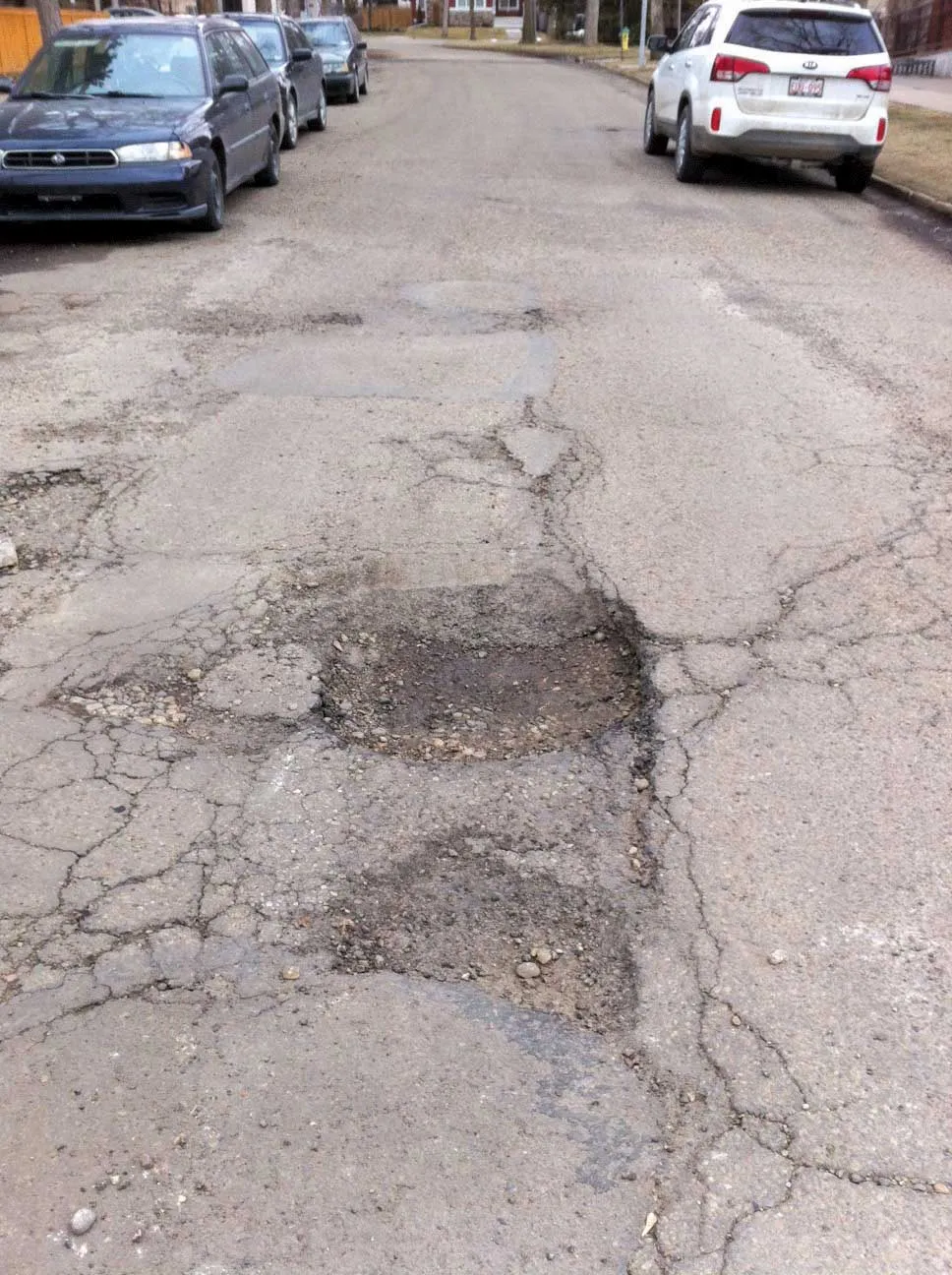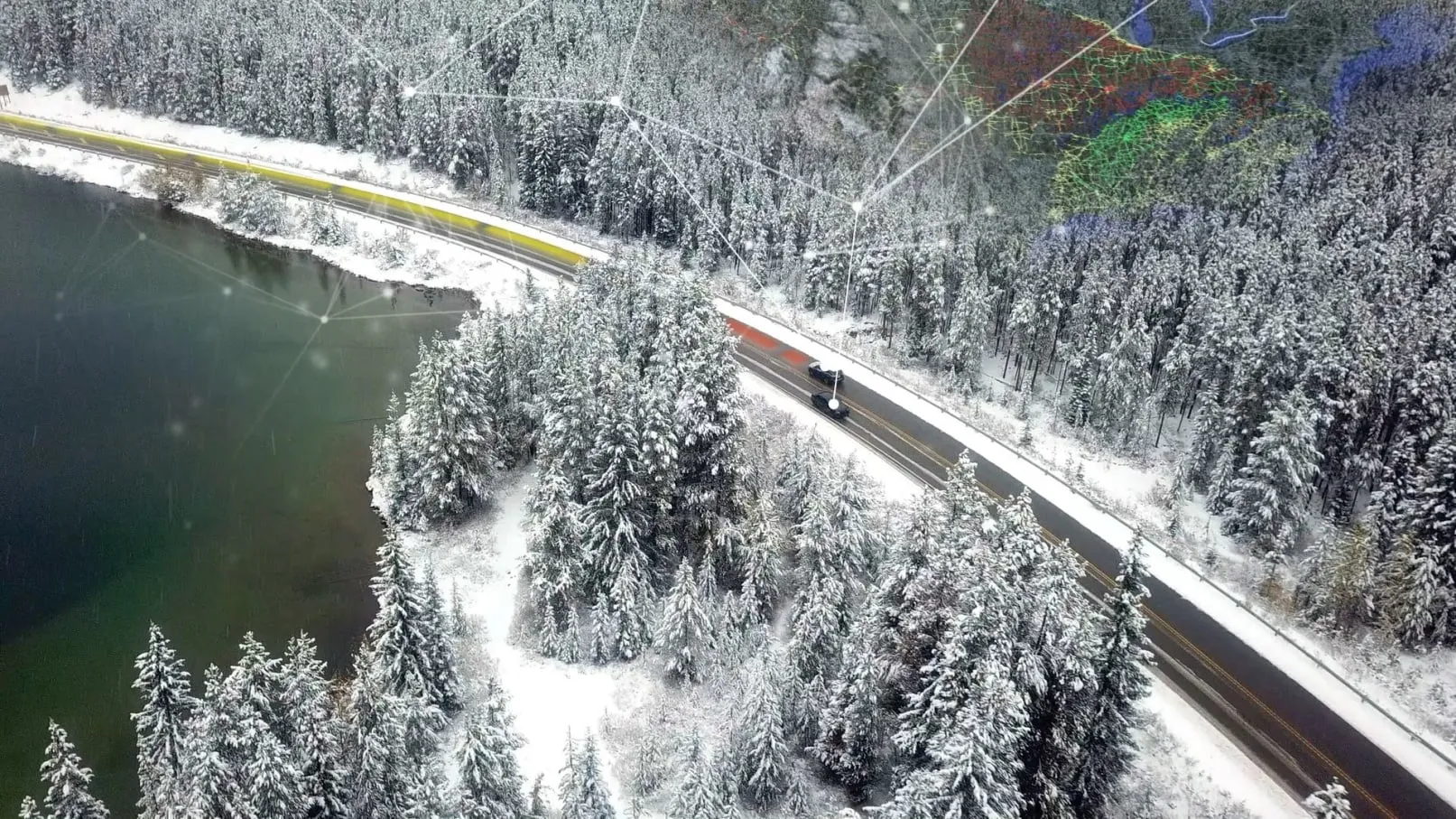A new software called SmartWater offers predictive capabilities for gully management. It has been developed by software specialist InTouch with support from Lancaster University, Innovate UK and the Department of Transport.
In a Smart City demonstration project in Bristol, it has achieved savings of 50% and reduced problem gullies from 25% to just 8%. The system uses a combination of IoT sensors and predictive software to boost efficiency over conventional methods of checking gullies by rota.
Research found that 80% of gullies inspected by rota are actually working correctly. But using SmartWater's managed service, highway authorities can receive alerts when gullies require cleansing and the system also provides flood alerts.
The system delivers risk-based evidence for maintenance and improvement of gullies and the firm claims that the system can cut cleansing costs by up to 30%.
Smart water road water drainage management
A new software called SmartWater offers predictive capabilities for gully management. It has been developed by software specialist InTouch with support from Lancaster University, Innovate UK and the Department of Transport.
In a Smart City demonstration project in Bristol, it has achieved savings of 50% and reduced problem gullies from 25% to just 8%. The system uses a combination of IoT sensors and predictive software to boost efficiency over conventional methods of checking gullies by rota.
Research fo
February 27, 2019
Read time: 1 min








